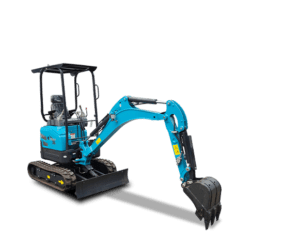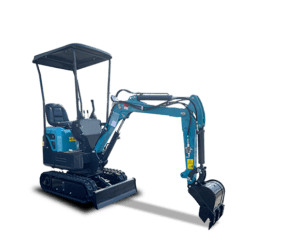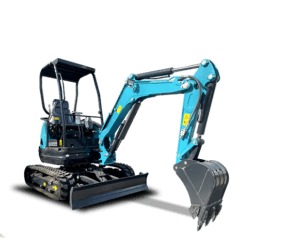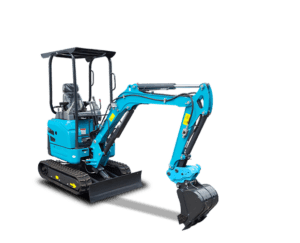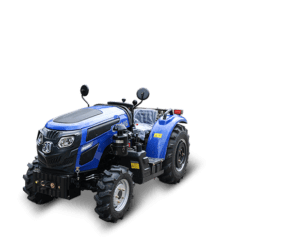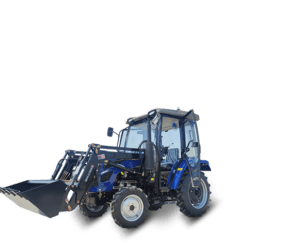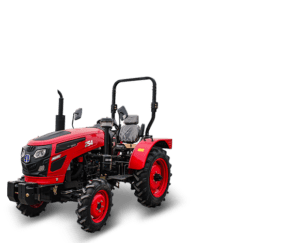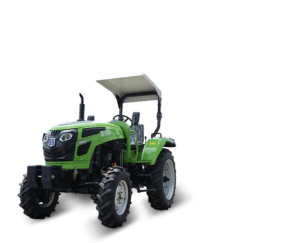Shandong Qilu Industrial Co., Limitado.
Diseñador y fabricante líder mundial de excavadoras, cargadores y tractores agrícolas
categorías de productos de maquinaria qilu
Proporcionarle una solución razonable.
Shandong Qilu Industrial Co., Ltd. es un fabricante y exportador profesional que integra el desarrollo y la producción de miniexcavadoras, cargadores y tractores. Brindamos el mejor servicio, absolutamente.
Servicio de preventa
Servicio postventa
Control de calidad
Sobre nosotros
Reproducir vídeo Qilu
ODM/OEM/VENTA AL POR MAYOR
Reproducir video del producto
EXCAVADORA / TRACTOR / CARGADOR
Especialista en
Excavadora / Tractor / Cargador
Somos fabricantes y exportadores profesionales que integran el desarrollo y la producción de excavadoras, cargadoras y tractores.
Visualización de vídeo de operación
En YouTube, tenemos videos de comentarios de clientes, videos de varios modelos de excavadoras, tractores, cargadores. Todo mostrado en YouTube.
Información destacada
Tractores pequeños: gran rendimiento, tamaño compacto
Descubra cómo los tractores pequeños ofrecen un gran rendimiento en espacios reducidos. Ideales para granjas, paisajismo y más.
Tractores compactos: su mejor aliado en la agricultura
Descubra la potencia de los tractores compactos para la agricultura, el paisajismo y las tareas agrícolas diarias. Aprenda a elegir, usar y mantener su mejor aliado agrícola.
Cómo elegir el tractor adecuado para su maquinaria agrícola
Seleccionar el tractor agrícola adecuado significa comprender las tareas, el terreno, el ciclo de producción y los objetivos a largo plazo.
¡Póngase en contacto con nosotros hoy!
¿Alguna pregunta, cotización o consulta? Haga clic en el botón para enviar el mensaje.
Qilu Industrial siempre estará aquí para ayudar.










